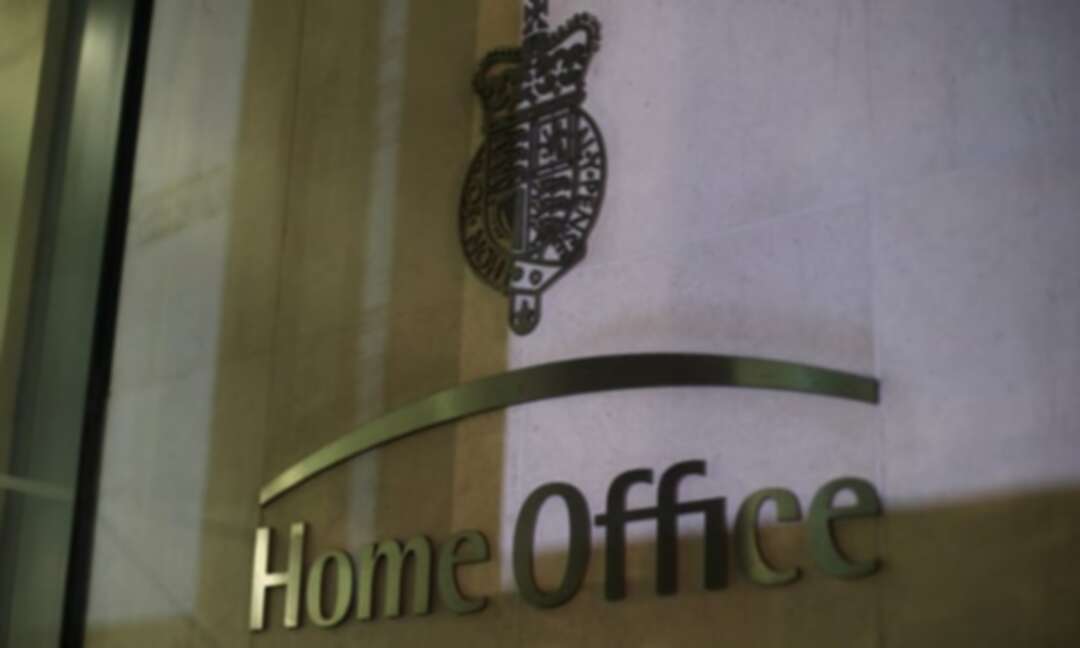-
Home Office minister rejects plans for extra support for trafficking victims

Backbench bill would grant minimum 12 months’ protection from immigration detention
A Home Office minister has rejected proposals in a parliamentary bill for new support for victims of trafficking, a letter leaked to the Guardian reveals.
Victoria Atkins, the minister for safeguarding, outlined her opposition to the modern slavery (victim support) bill, which calls for trafficking victims of all nationalities to receive a minimum of 12 months’ access to safe housing, support and protection from immigration detention.
The private member’s bill has been tabled by Ian McColl, a Conservative life peer, and co-sponsored by Iain Duncan Smith, the former Conservative party leader and former work and pensions secretary.
Atkins wrote to Maya Esslemont, the director of After Exploitation, a data mapping project tracking outcomes for slavery survivors in the UK, last week expressing her opposition to the bill.
The minister said the government had been carefully considering the issues raised in the bill but “does not support the … bill in its current form. The government does not agree that victims should automatically be granted leave to remain for 12 months.”
The letter added: “The government does not have an absolute exclusion from detention for any particular group.” It said that if the government did detain victims of trafficking who were vulnerable, assessments known as adults at risk were carried out and the detention was authorised by senior Home Office officials. Atkins’ letter outlines a series of measures the Home Office is taking to support trafficking victims.
According to Home Office data obtained by After Exploitation through freedom of information requests, 1,256 potential trafficking victims were detained in 2019.
The private member’s bill, along with a letter last October signed by dozens of NGOs, calls for increased protection for trafficking victims, particularly those at risk of deportation because they are not UK nationals.
If trafficking victims are deported, not only are their lives potentially put at risk but valuable intelligence about who trafficked them could be lost.
Esslemont said: “In order to be recognised as a survivor, victims are first referred by ‘first responders’ and then assessed via a two-stage process sometimes lasting years. It is insulting that even where victims undergo the gruelling steps requested of them, the government cannot meet survivors halfway with incredibly basic and short-term protection.
“The current system of support and recognition is unsustainable and makes it difficult for non-UK survivors to report crime due to the threat of deportation or detention. Equally, UK survivors cannot be confident about the length of support, such as access to safe housing, they will receive if they come forward. Until the government creates a culture of safety for those exploited, it is impossible to win the trust of survivors who are rightfully fearful of seeking help.”
Atkins said in a statement: “The government is committed to tackling the heinous crime of modern slavery and ensuring that victims are provided with the support they need to rebuilt their lives. We have already implemented a number of significant reforms to the national referral mechanism aimed at improving the speed, quality and independence of the decision-making, and offering the best possible support for victims.”
source: Diane Taylor
Levant
You May Also Like
Popular Posts
Caricature
BENEFIT Sponsors BuildHer...
- April 23, 2025
BENEFIT, the Kingdom’s innovator and leading company in Fintech and electronic financial transactions service, has sponsored the BuildHer CityHack 2025 Hackathon, a two-day event spearheaded by the College of Engineering and Technology at the Royal University for Women (RUW).
Aimed at secondary school students, the event brought together a distinguished group of academic professionals and technology experts to mentor and inspire young participants.
More than 100 high school students from across the Kingdom of Bahrain took part in the hackathon, which featured an intensive programme of training workshops and hands-on sessions. These activities were tailored to enhance participants’ critical thinking, collaborative problem-solving, and team-building capabilities, while also encouraging the development of practical and sustainable solutions to contemporary challenges using modern technological tools.
BENEFIT’s Chief Executive Mr. Abdulwahed AlJanahi, commented: “Our support for this educational hackathon reflects our long-term strategic vision to nurture the talents of emerging national youth and empower the next generation of accomplished female leaders in technology. By fostering creativity and innovation, we aim to contribute meaningfully to Bahrain’s comprehensive development goals and align with the aspirations outlined in the Kingdom’s Vision 2030—an ambition in which BENEFIT plays a central role.”
Professor Riyadh Yousif Hamzah, President of the Royal University for Women, commented: “This initiative reflects our commitment to advancing women in STEM fields. We're cultivating a generation of creative, solution-driven female leaders who will drive national development. Our partnership with BENEFIT exemplifies the powerful synergy between academia and private sector in supporting educational innovation.”
Hanan Abdulla Hasan, Senior Manager, PR & Communication at BENEFIT, said: “We are honoured to collaborate with RUW in supporting this remarkable technology-focused event. It highlights our commitment to social responsibility, and our ongoing efforts to enhance the digital and innovation capabilities of young Bahraini women and foster their ability to harness technological tools in the service of a smarter, more sustainable future.”
For his part, Dr. Humam ElAgha, Acting Dean of the College of Engineering and Technology at the University, said: “BuildHer CityHack 2025 embodies our hands-on approach to education. By tackling real-world problems through creative thinking and sustainable solutions, we're preparing women to thrive in the knowledge economy – a cornerstone of the University's vision.”
opinion
Report
ads
Newsletter
Subscribe to our mailing list to get the new updates!






















